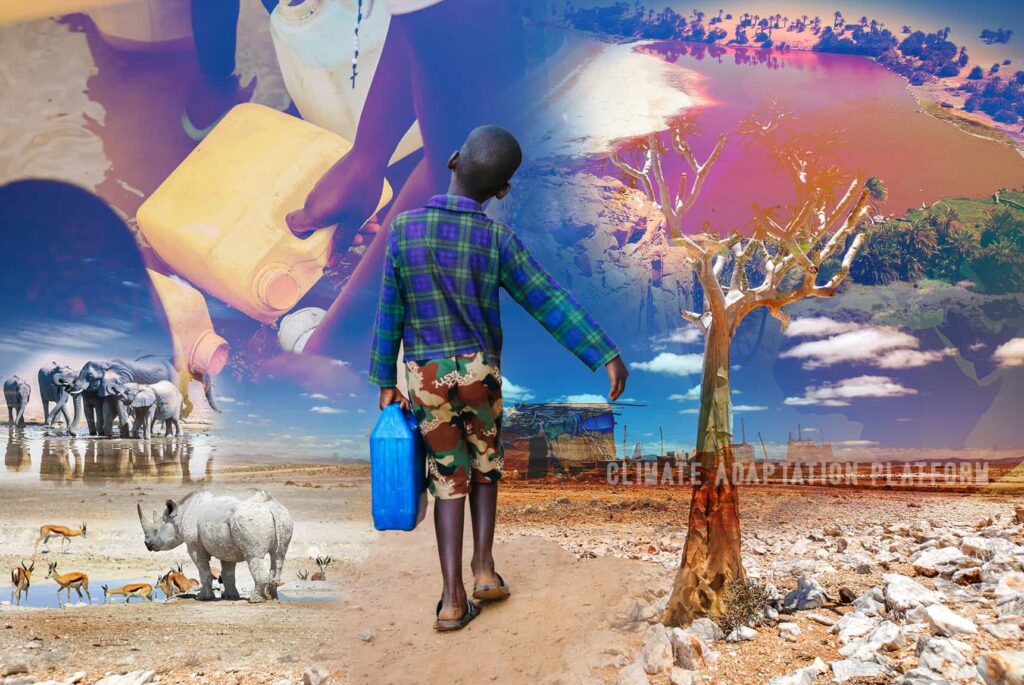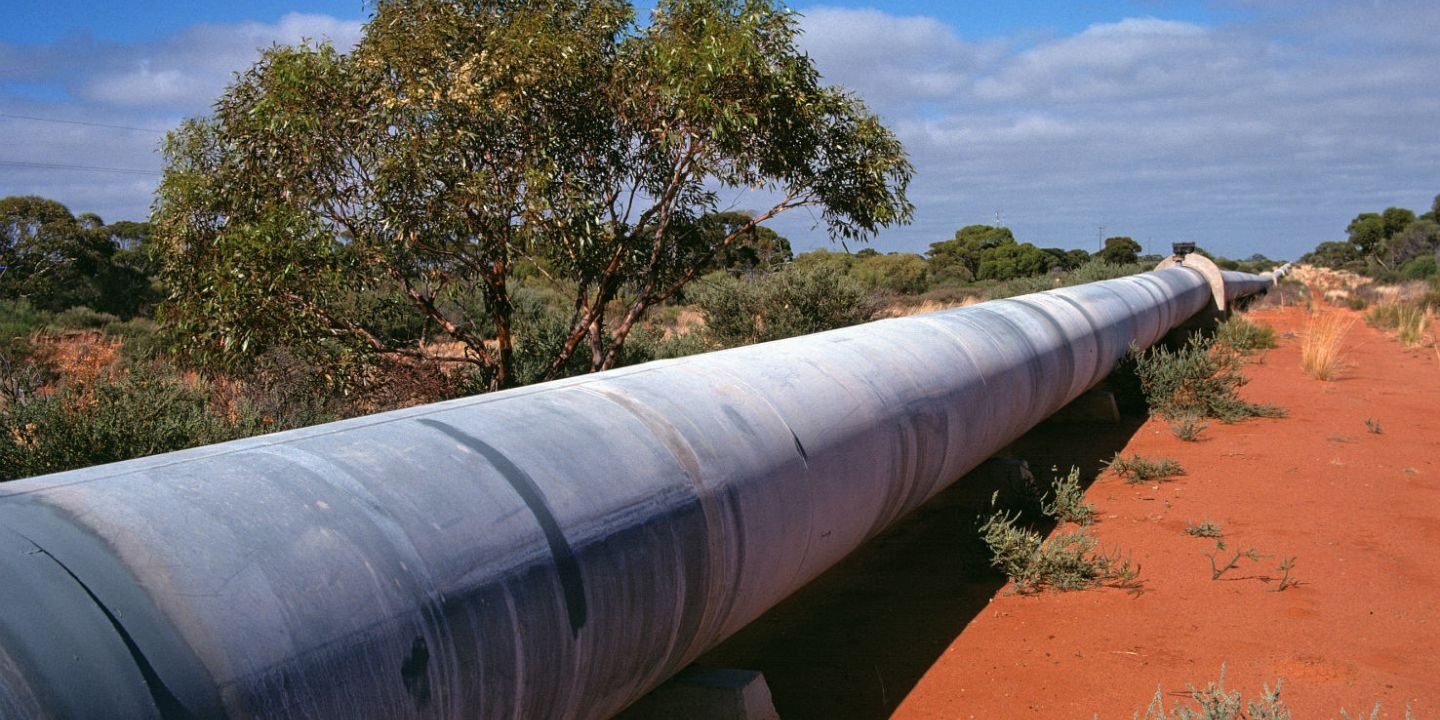
Friday 21st November 2025

by inAfrika Newsroom
Africa climate adaptation moved to the centre of talks this week as ministers and experts met in Rabat. Delegates from North Africa and the Sahel reviewed fresh data on heatwaves, droughts and coastal floods. They warned that current global pledges still leave the region exposed to rising losses and fiscal strain.
A regional report on the table calls for fast upgrades to early-warning systems, water-storage projects and coastal defences. It says climate shocks are already cutting growth and forcing governments to shift money from schools and hospitals to emergency relief. Officials from Morocco, Mauritania, Algeria and others showcased projects on drought-tolerant crops, micro-insurance and urban flood drains now under trial in several cities.
Negotiators also worked on a joint pipeline of adaptation projects for COP30 in Brazil. They want concessional loans, grants and blended finance to back ready schemes in farming, water and cities. Ministers said they would push for clearer global targets on adaptation money and simpler access rules. Many also stressed that resilience efforts must sit beside deeper emissions cuts by major polluters, not replace them.
Africa climate adaptation links directly to food security, debt risks and migration patterns across the continent. Strong early-warning systems can save lives during storms and floods and reduce the cost of emergency operations. Climate-smart farming tools help families survive dry seasons without selling assets or moving to crowded cities. Resilient ports and roads protect regional trade routes that serve landlocked neighbours. If governments present clear project pipelines, they can negotiate fairer access to global climate funds and private capital. That shift would move debates from speeches to implementation and give vulnerable communities a better chance to plan for a hotter, harsher climate.


